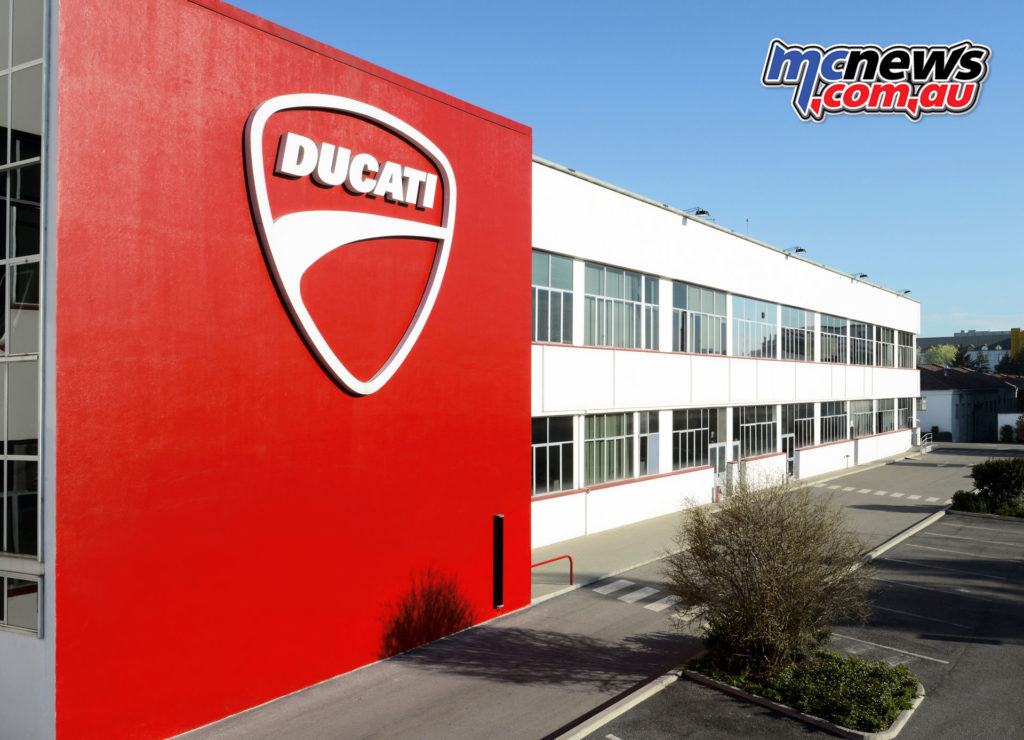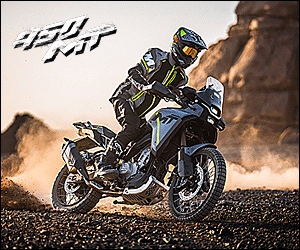Ducati up for sale again…?
That’s the rumours doing the rounds of the financial markets
Just when it looked as Ducati was on perhaps the best financial footing it has ever been, rumours in financial circles this month suggest that parent group Volkswagen AG, the massive global automotive powerhouse whose brands also include Audi, Bentley, Seat, Skoda, Porsche, Lamborghini and Bugatti, who combined have over 120 manufacturing plants around the world, are considering the sale of prestigious motorcycle brand Ducati.
Volkswagen AG acquired Ducati for 1.12 billon dollars in 2012 after a tumultuous period of ownership changes throughout Ducati’s long history.
2017 has seen the launch of seven new models: the 1299 Superleggera, the Ducati SuperSport, the Multistrada 950, the Monster 797, Monster 1200 and two new versions of the Ducati Scrambler – Scrambler Café Racer and Scrambler Desert Sled.
Today, Ducati boasts a total of 1,558 employees, compared to 1,197 in 2012, registering an increase of 30 per cent in new hirings over the past four years. The sales network of the Bologna-based motorcycle manufacturer now has more than 780 dealers in over 90 countries.
The recent history of Ducati ownerhsip
The Castiglioni brothers bought Ducati in 1985, under whose stewardship Ducati rose to real mainstream prominence with the 851/888 models before the debut of the iconic and beautiful 916 in 1994.
Ownership of Ducati then went through the hands of various investment groups before coming under the Volkswagen AG umbrella in 2012.
Suggestions that Volkswagen AG might divest Ducati from its portfolio of brands first surfaced late in 2015, but this month rumours on financial markets suggest that a comprehensive asset review is being undertaken by the company.
No concrete decision has yet been reached by Volkswagen AG to divest the brand as yet, but interested players are certainly being courted according to Reuters and Bloomberg.
Could KTM, Europe’s largest motorcycle manufacturer, purchase Ducati…?
KTM, under the stewardship of aggressively expansionist CEO Stefan Pierer and Cross Industries, and now with Indian investment partner Bajaj Auto, have grown into a massive powerhouse of companies.
With Husqvarna already under their control, and with their own offshoot suspension and heat exhanger brands already well established underpinnings of the KTM business, the Austrian company is certainly big enough to be considered a player in any possible takeover plans for the Italian icon.
Financially, Ducati are doing rather well…
2016 was another positive year for Ducati, with the motorcycle manufacturer delivered 55,451 motorcycles to customers all over the world, recording an increase in sales for the seventh consecutive year (up 1.2 per cent or 642 more motorcycles than in 2015).
Globally. the 2016 sales results translated into a turnover of €731 million, with an increase of 4.1 per cent compared to 2015 (€702 million). At the end of fiscal year 2016, Ducati also contributed an operating result of €51 million (2015: €54 million) and an operating margin of 7 per cent to the Audi Group.
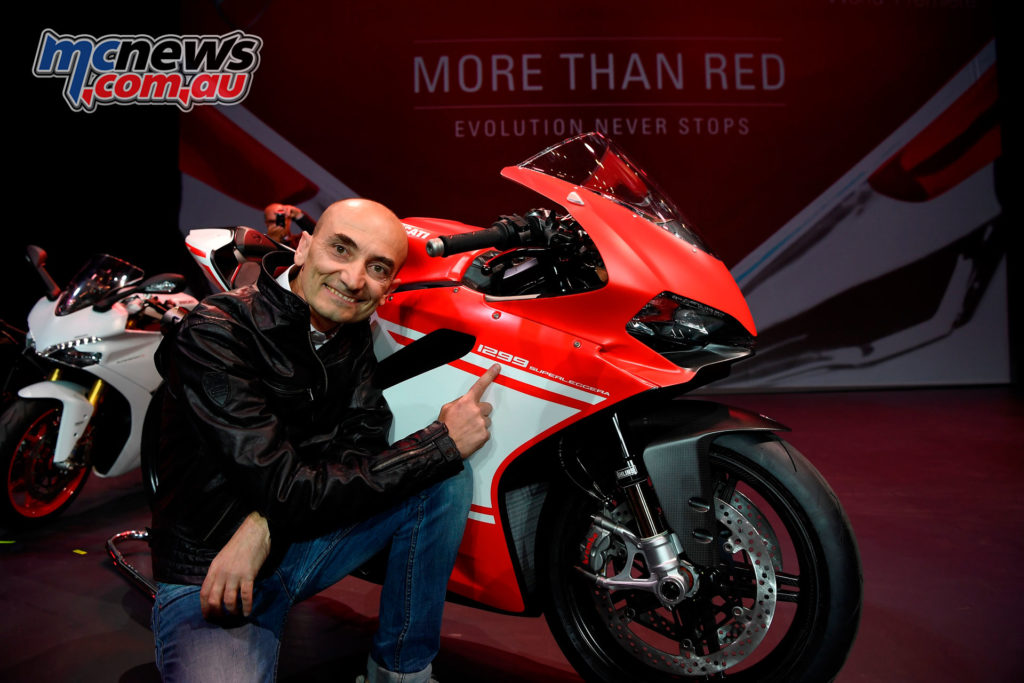
European markets made a significant contribution to achieving the positive 2016 sales result, many of them reporting double-digit growth. In Italy sales have risen by 20 per cent, while in Spain sales rose by 38 per cent. The number of motorcycles delivered in Germany increased by 8 per cent compared with the previous year.
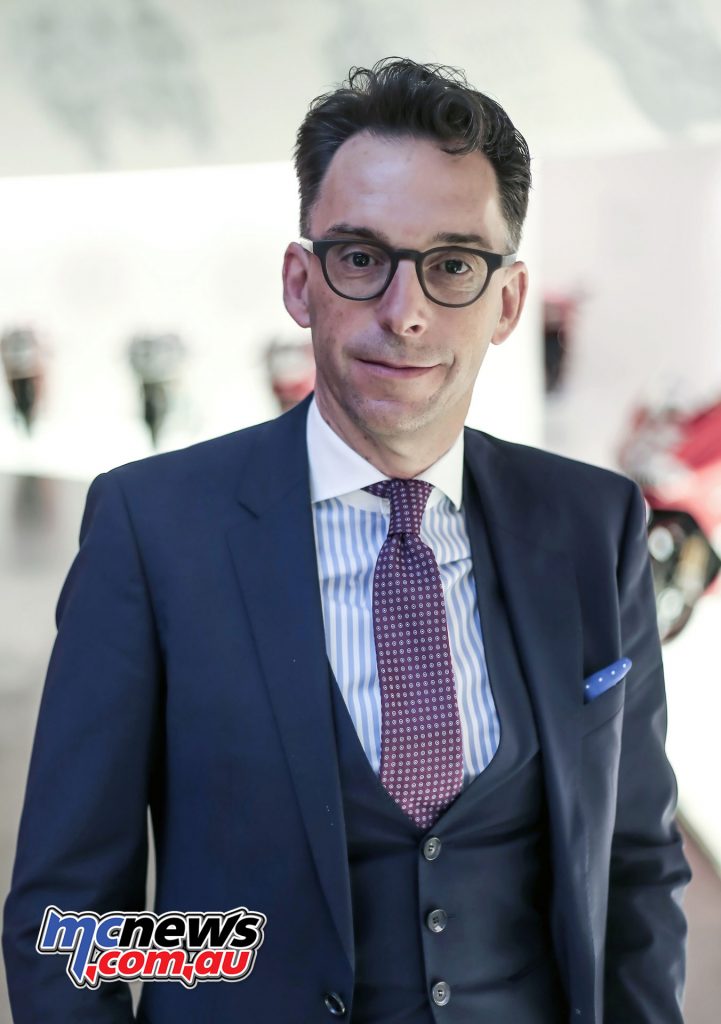
André Stoffels – Chief Financial Officer at Ducati Motor Holding
“Ducati continues its profitable growth trend. During 2016 we further consolidated the positive results of the previous years. The company is continuing to invest in new technologies and in new products. For these reasons, we shall be able to continue to register constant growth both in terms of turnover and profits.”
The United States confirms its position as Ducati’s number one market, reaching a quota of 8,787 motorcycles delivered to customers. Among the non-European markets, the significant performance of the brand in China, where Ducati doubled the previous year’s result (+120 per cent), is notable. Motorcycles sold in Brazil also increased by 36 per cent and by 215 per cent in Argentina.
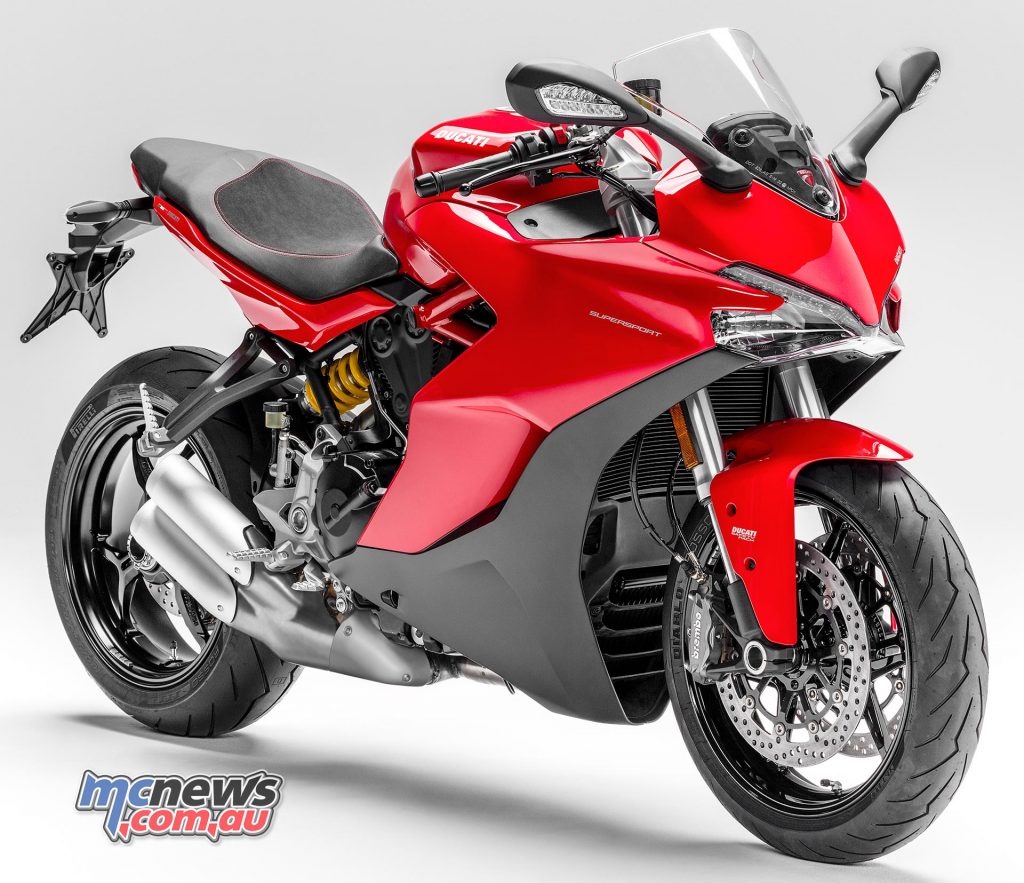
In Australia, however, sales contracted by 8.2 per cent, which saw Ducati fall outside the top ten manufacturers in Australia. That was despite the 959 Panigale dominating the pure sportsbike market in Australia, and the 1299 Panigale also recording good sales growth.
Diavel sales were also strong in Australia but Scrambler 800 sales declined markedly, however that was offset somewhat by the introduction of the Sixty2. Lower capacity Monster sales dropped due to Ducati no longer offering the Monster 659.
